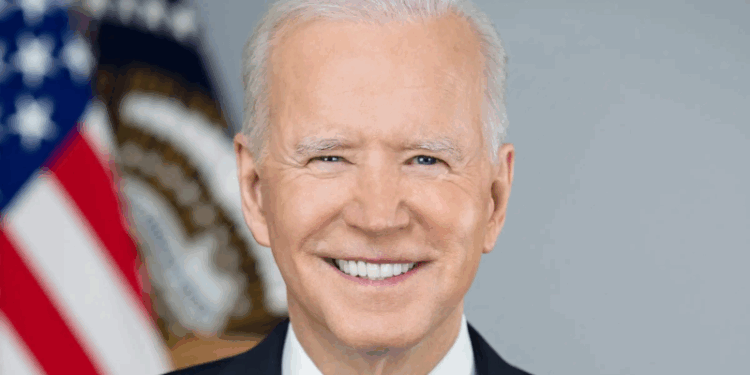Former U.S. President Joe Biden has been diagnosed with an aggressive and advanced form of prostate cancer. The announcement, made on May 18th, revealed that the disease has metastasized to his bones and is classified with a Gleason score of 9, indicating a high-grade and rapidly spreading cancer. Biden, 82, began experiencing urinary symptoms last week, prompting further examination.
The Gleason grading system is used to evaluate how abnormal cancer cells appear under a microscope and how likely they are to spread. A score of 9, the second-highest possible, signals a serious and fast-growing cancer. According to the National Cancer Institute, prostate cancer is the second-leading cause of cancer deaths in American men. Biden’s condition has been labeled hormone-sensitive, opening the door to certain medical treatments aimed at controlling tumor growth.
Treatment options under consideration reportedly include androgen deprivation therapy (ADT), chemotherapy, and potentially clinical trials. These treatments aim to manage rather than cure the disease. Biden’s office stated the cancer’s hormone sensitivity “allows for effective management,” although doctors caution that responses to treatment will only become clear over the coming weeks or months. According to the American Urological Association, treatment paths for metastatic prostate cancer must be highly individualized.
Biden’s diagnosis follows a history of skin cancer removals and a cancerous lesion excised from his chest during his presidency in 2023. While early-stage prostate cancer is typically treatable, advanced metastasis presents additional challenges. Medical experts, including Dr. Jamin Vinod Brahmbhatt and Dr. Ryan Cleary, noted that survival rates drop significantly in such cases, with only about one-third of patients living beyond five years.
Family members and advisers are reportedly reviewing treatment strategies. Former White House physician Dr. Jeffrey Kuhlman emphasized that routine health screenings like the one that led to Biden’s diagnosis are vital, especially for older adults. The Centers for Disease Control and Prevention continues to recommend regular prostate-specific antigen (PSA) screenings for men over 55, particularly those at higher risk.
The American Cancer Society responded by reiterating its warning about the recent rise in late-stage prostate cancer diagnoses. They emphasized early detection as key to improving outcomes. While Biden’s diagnosis adds to his medical challenges, physicians stress the importance of quality-of-life-focused care as he and his team navigate treatment options.






